How Did I Become a Film Critic?
How does anyone become a professional film critic, it's an unusual journey to say the least.
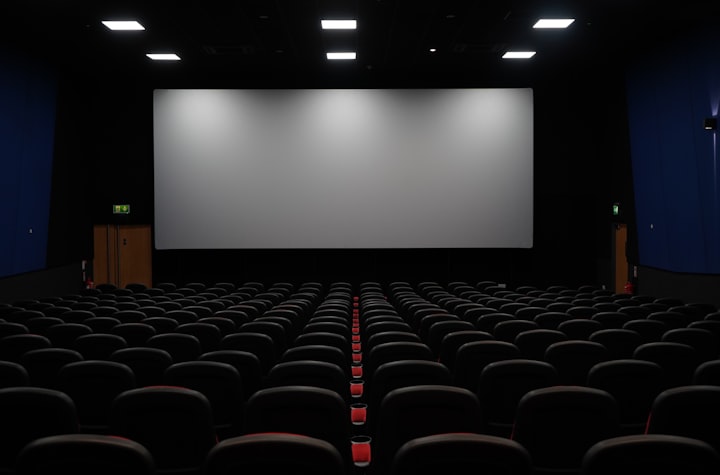
When I was a kid I fell in love with watching Siskel & Ebert, the absolute gold standard of televised film criticism. As I am sure it inspired hundreds of others to want share their love of movies with the world, I wanted to be Roger or Gene. I wanted the job of going to the movies. I had no idea that someone could get paid to go to the movies. That was insane to me and I wondered why everyone didn't seek that same job. In later years, I would learn that relatively few people actually pursued film criticism as a career.
The job of film critic developed in the early 20th century, not long after the invention of movies themselves. After several years of newspapers dismissing movies as a flash in the pan phenomenon, the movies became an established part of American culture and newspapers were forced to acknowledge that phenomenon. The earliest known film critics were beat writers, often theater writers or feature writers. They may have been fascinated with the moving pictures, but they were essentially reporters who were given the movies as a beat.
This notion of movies being a beat rather than a calling persisted for years. Rarely, if ever, did someone start out their career as a film critic. Perhaps the best, and most rare, example of film critics setting out to be critics, took place in Paris, France in the 1950s where the famed Cahiers Du Cinema became one of the biggest and most influential film guides in the world. Cahier was founded by a group of film critics who opened their doors to a series of younger voices who would go on to change movies forever as film directors.
Jean Luc Godard, Francois Truffaut, Claude Chabrol, started out at Cahiers Du Cinema before leaving to lead the French New Wave as some of the most talented and beloved filmmakers of all time. At Cahier in the 50s they worked alongside film critics André Bazin, Jacques Doniol-Valcroze, and Joseph-Marie Lo Duca, pioneers in writing seriously and critically about film. They turned their passion for film into their own magazine. Starting out in film criticism however, is a rarity.
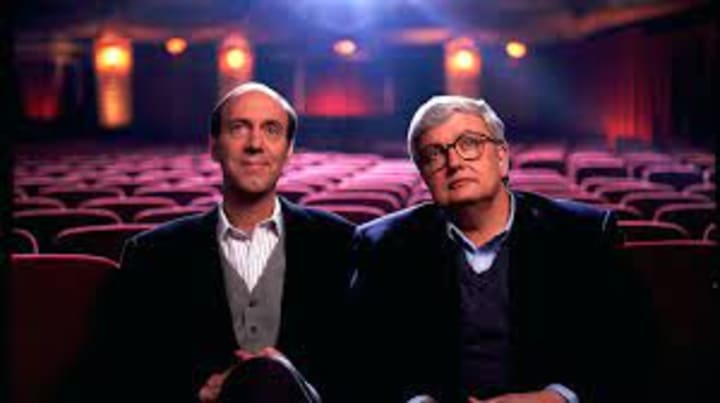
Not even Roger Ebert or Gene Siskel began their lives with the intention of becoming film critics. For both, it was a case of fortuitous timing, arriving at their respective newspapers as beat reporters before earning enough experience and respect among their colleagues that they would leverage into taking over the movie beat. Roger was lucky to be friendly with the outgoing critic at the Chicago Sun Times who told her editor that she wanted Ebert to take her place. Siskel earned his role on the movie beat after the previous Chicago Tribune film critic left for academia.
So, film criticism isn't so much a calling as it is something that someone pursues out of a genuine love of movies. That's why you see so many supposed 'Amateur' film critics, there really is no barrier to entry in film criticism. If you have a strong personality and you are a good writer with a working knowledge of the movie industry, you have a chance to be a film critic. If you are genuinely a good and observant writer, you will find an audience and having an audience conveys upon you a legitimacy that may allow you to grab onto the mantel of film critic.

In my personal journey as a film critic, I wanted to be a film critic since I was a kid. But, by the time I reached college in late 1994, I was realistic enough to know that there wasn't much money or opportunity in film criticism. Being poor, I didn't have the money to go to film school, so I pursued radio, a profession that I have been part of for nearly 30 years now. But I wasn't done with film criticism as my dream job. I found ways to make film criticism happen. This started with me building my own film school curriculum.
To get through college, I worked in radio and at a video store. Having heard about Quentin Tarentino's back story as a video store clerk, it was the perfect job for me. I got to hang out with movie loving people my own age and I got to watch movies for free. I went through every movie I could get my hands on. I watched all of the new releases and when I exhausted those, I would grab classics. All the while, I was reading everything Roger Ebert wrote and that led me to foreign films. In his criticism, Ebert would mention the French New Wave or Akira Kurosawa and his references captured my curiosity.
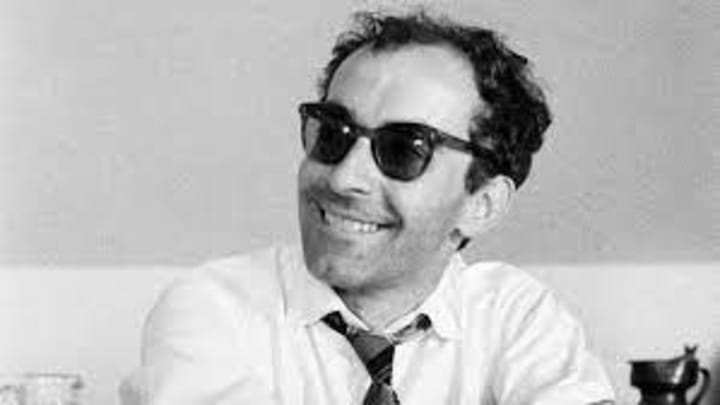
Foreign films had always felt like homework to me but Ebert made me curious. I felt that if I wished to legitimize myself as a film critic, I needed to get comfortable with foreign cinema, comfortable enough that I could drop references to Godard and Truffaut into my writing. That's a bit cringe to look back on now, but those movies did change my life and my writing. I saw the world for the first time when I started seeing movies like The Bicycle Thief, Breathless, and Tokyo Story, each at the behest of my unknowing mentor, Roger Ebert.
I distinctly remember the biggest turning point in my life in film criticism. In late 1998, the chain video store I worked at randomly got a copy of The Rules of the Game, Jean Renoir's 1939 satirical deconstruction of privilege and class. Why a chain video store received a copy of The Rules of the Game, of all movies, to rent to customers is a mystery. All I know is, I was among the first to take it out of the store. I watched The Rules of the Game and movies came to life for me. Renoir's camerawork has wit to it. He can do more with a subtle movement of his camera than most directors can do in a complete film.
For the first time, I fully experienced what a movie can be. And yes, I am cringing a little as I write this. If someone told me this story, I would roll my eyes. Watching a 1939 French film led you to become a film critic? Really? But this actually happened to me. This is my actual origin story. I didn't write about The Rules of the Game at the time but I recall making mental notes about it and sharing those notes with my video store friends in a series of shift long conversations. My co-workers possibly found me insufferable but a couple of them felt genuinely engaged and that experience, the experience of being respected and feeling insightful, was another driving force in my desire to be a critic.
But it wasn't until the internet reached full ubiquity when I would finally start putting my criticism out into the world. I started writing a blog in 2000, I started on a website in 2001, and by 2006 I was getting paid to write criticism. I made my way into the Broadcast Film Critics Association in 2011, after 7 years of being the on-air film critic on three radio stations in Davenport, Iowa. The BFCA, now known as the Critics Choice Association, gave me more legitimacy and emboldened me to add Film Critic to my resume.
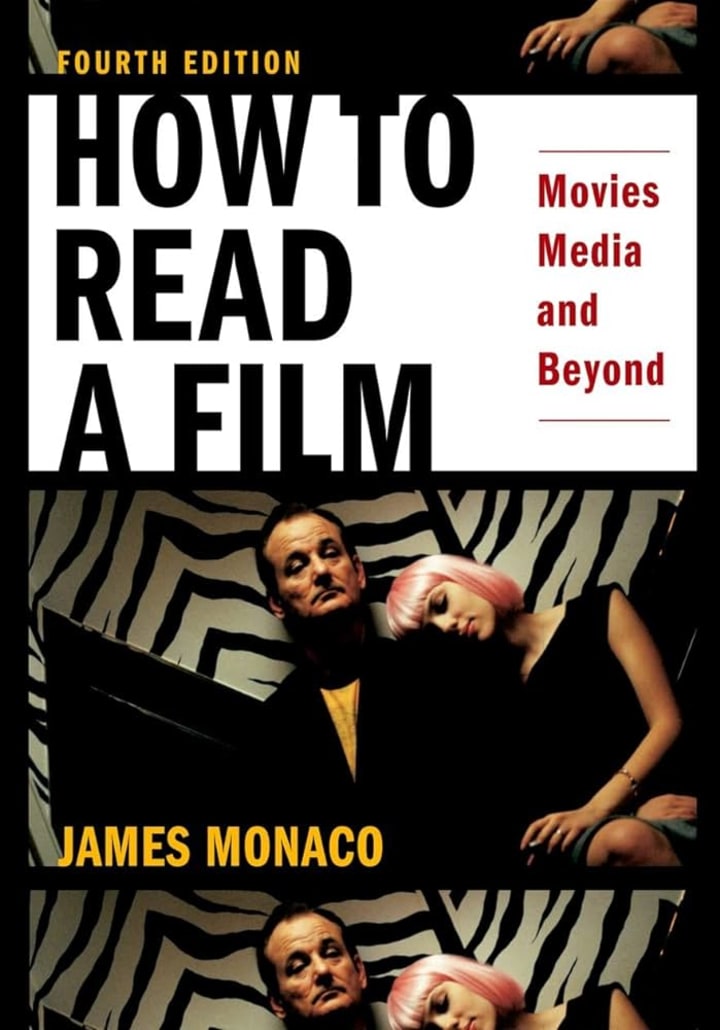
When I was forced to change radio jobs in 2013, I insisted on bringing the professional title of Film Critic with me. I remained on several radio stations doing live movie reviews of the latest releases. I saw every movie that came to theaters, and I found separate places to indulge in long form writing about movies and sought to write as many movie reviews as I could. I had to teach myself film criticism so I read criticism non-stop. That's the only really great piece of advice I can give someone, read criticism. Read about writing criticism. I wasn't able to attend film school or journalism school, but textbooks are readily accessible. I will list a few helpful tomes at the end of the article.
Most importantly, if you truly want to be a serious film critic, take film seriously as an art form. As silly and disposable as movies can be, each movie can teach you something. If you approach any movie with a strong curiosity and a willingness to form an opinion and share that opinion, you're on the right path. Film is a worthy artform, even if not every movie is a great work of art. All movies are instructive of something. Some speak to morality or truth, some have a strong political perspective, some can give you insight into film form, others can teach you about editing, lighting, or special effects. Each movie you see is a chance to learn something new and if you approach every movie that way, and you're capable of writing about what you observe, you can be a film critic.
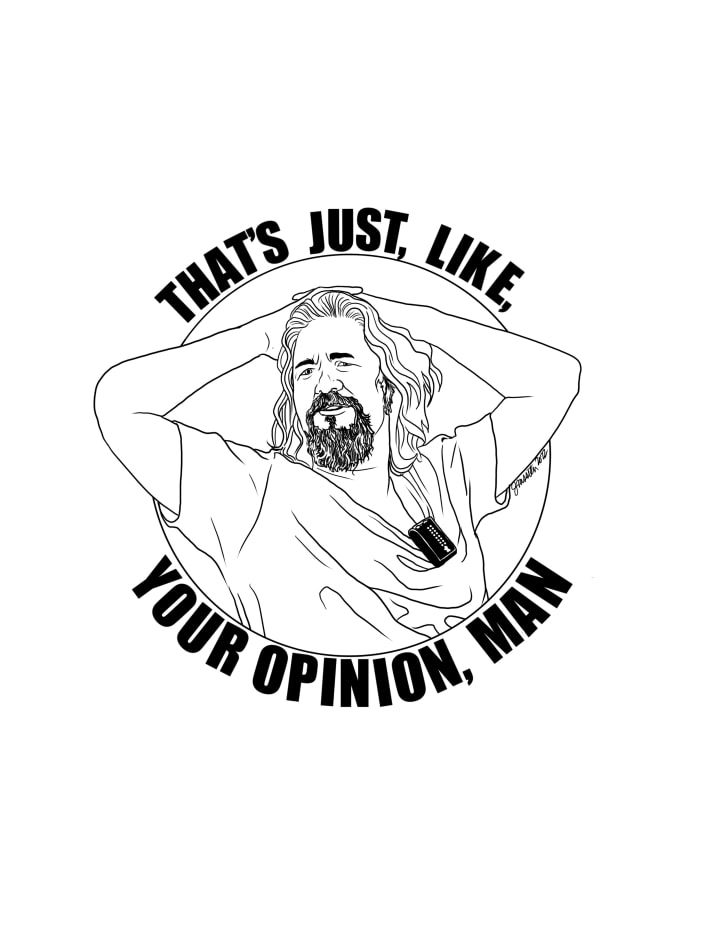
Resources for people who want to become a film critic.
How to Read a Film: Movies, Media, and Beyond by James Monaco
The Great Movies Volumes 1,2, and 3 by Roger Ebert
I Hated Hated Hated Hated Hated Hated Hated Hated Hated This Movie by Roger Ebert
Your Movie Sucks by Roger Ebert
Introduction to Film Studies Edited and Organized by Jill Nelmes
Roger Ebert's Book of Film by Roger Ebert
Awake in the Dark by Roger Ebert
A Horrible Experience of Unbearable Length by Roger Ebert
5001 Nights at the Movies by Pauline Kael
Kiss Kiss Bang Bang by Pauline Kael
For those who prefer their research in video form, I highly recommend taking a look at the work of several YouTubers who examine movies either as their whole channel identity or merely on occasion.
Patrick H. Willems is a wonderfully insightful and knowledgeable critic.
Jenny Nicholson is not a film critic but when she tackles movies on her commentary channel, she's among the quickest, wittiest, and detailed critics I've seen on YouTube. Her piece on the movie Escape from Tomorrow is among the greatest, most thorough, and exceptionally funny pieces of criticism that I've ever seen. Similarly, her takedowns of Dear Evan Hanson, The Greatest Showman, and Joker, are remarkable pieces of criticism.
The best way to become a film critic, consume criticism voraciously.
About the Creator
Sean Patrick
Hello, my name is Sean Patrick He/Him, and I am a film critic and podcast host for the I Hate Critics Movie Review Podcast I am a voting member of the Critics Choice Association, the group behind the annual Critics Choice Awards.
Reader insights
Outstanding
Excellent work. Looking forward to reading more!
Top insights
Compelling and original writing
Creative use of language & vocab
Easy to read and follow
Well-structured & engaging content
Expert insights and opinions
Arguments were carefully researched and presented
Eye opening
Niche topic & fresh perspectives







Comments (4)
I loved this story of you and how your career evolved. I remember Siskel & Ebert and watched them religiously. They reminded me of when my brother and I left the movies and our dialogue over whether or not it was a "good" movie. Of course, my brother's favorite movie is Citizen Kane & mine is a heartfelt made for tv one, "The Five People You Meet in Heaven," based on the book by Mitch Albom. But, on big screen...Schindler's List. Having you to follow now is going to be my new obsession. Thanks
I chuckled quite a bit. Snarky material with a fiesty format! I hate Rom-Coms just wanted to toss that in.
Thank you for your recount; it was very interesting and informative.
I really love the passion of your craft. I truly loved your narrative here and how you related to Ebert, my top fav film reviewer and critic!!! Also, The Bicycle Thief is a classic. I